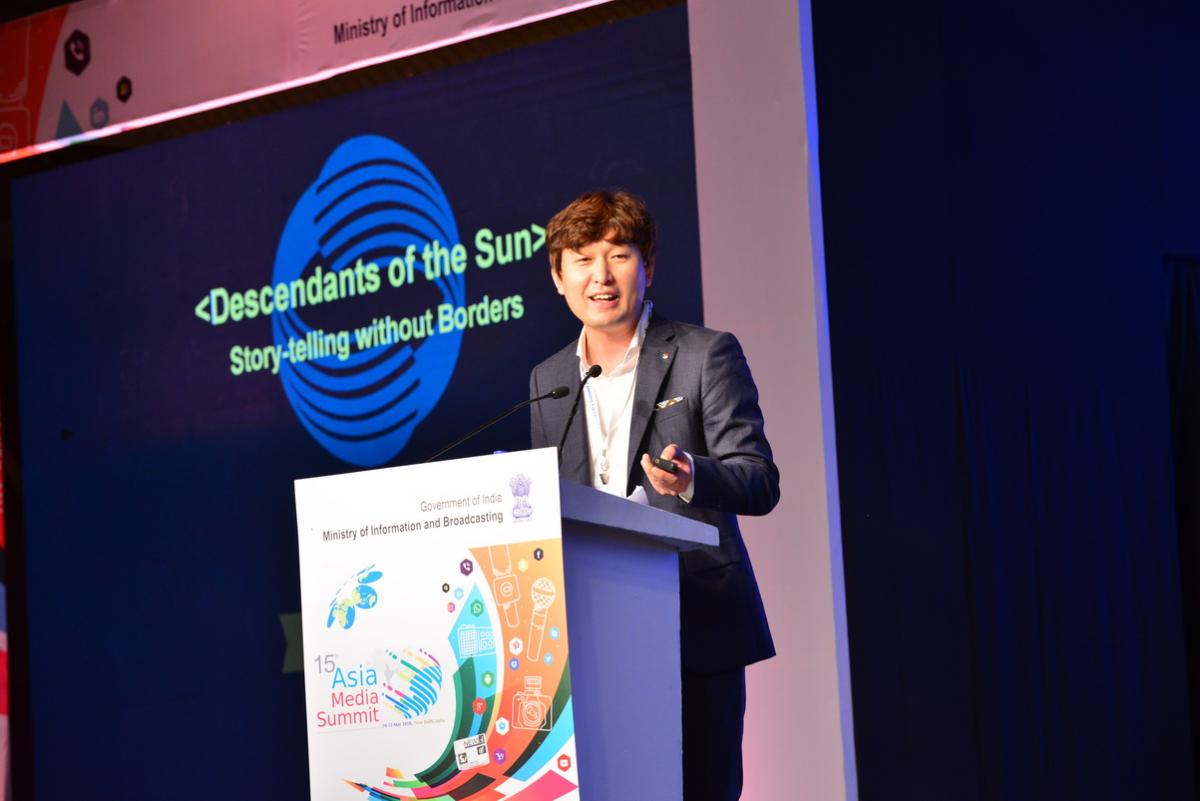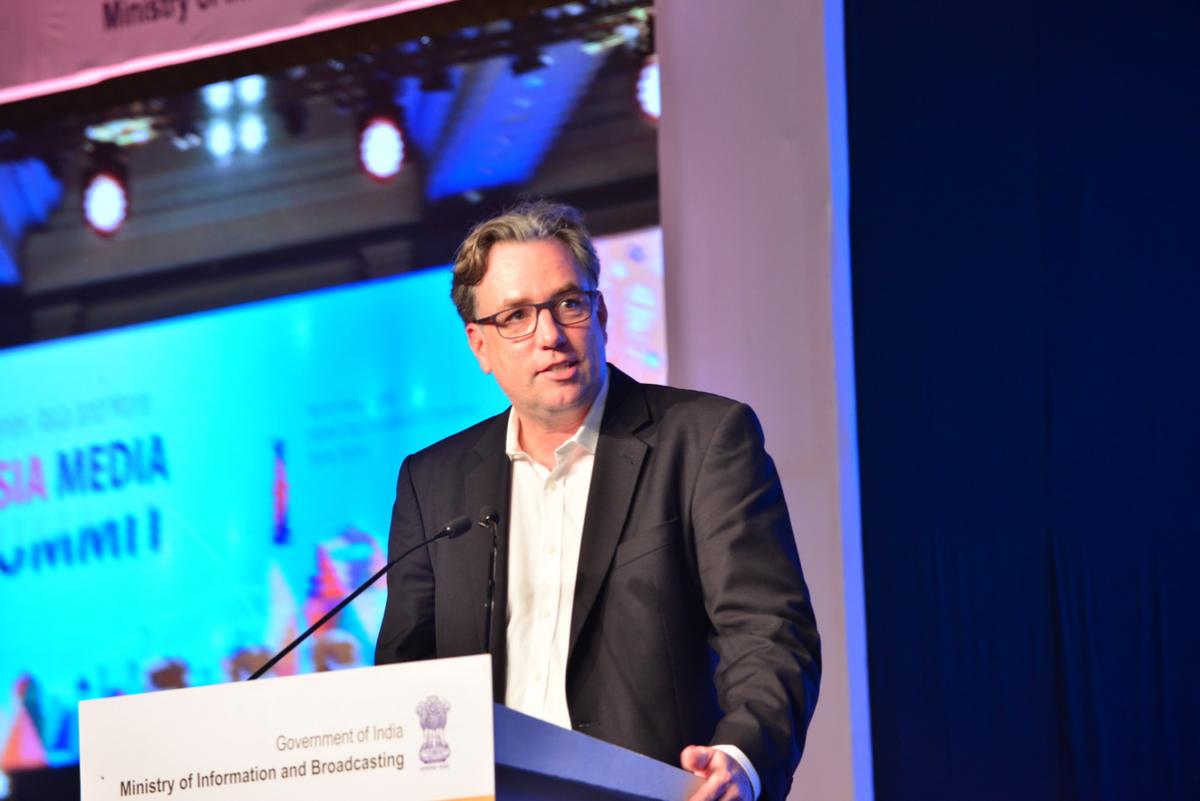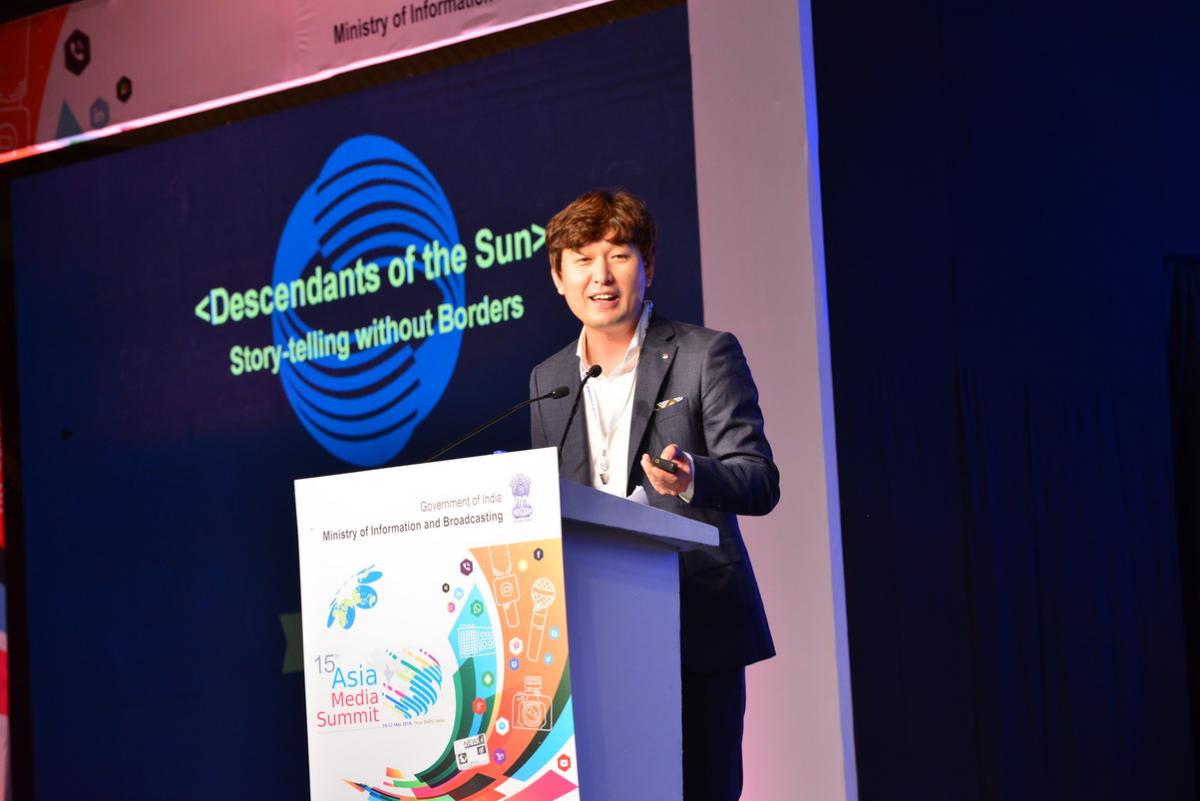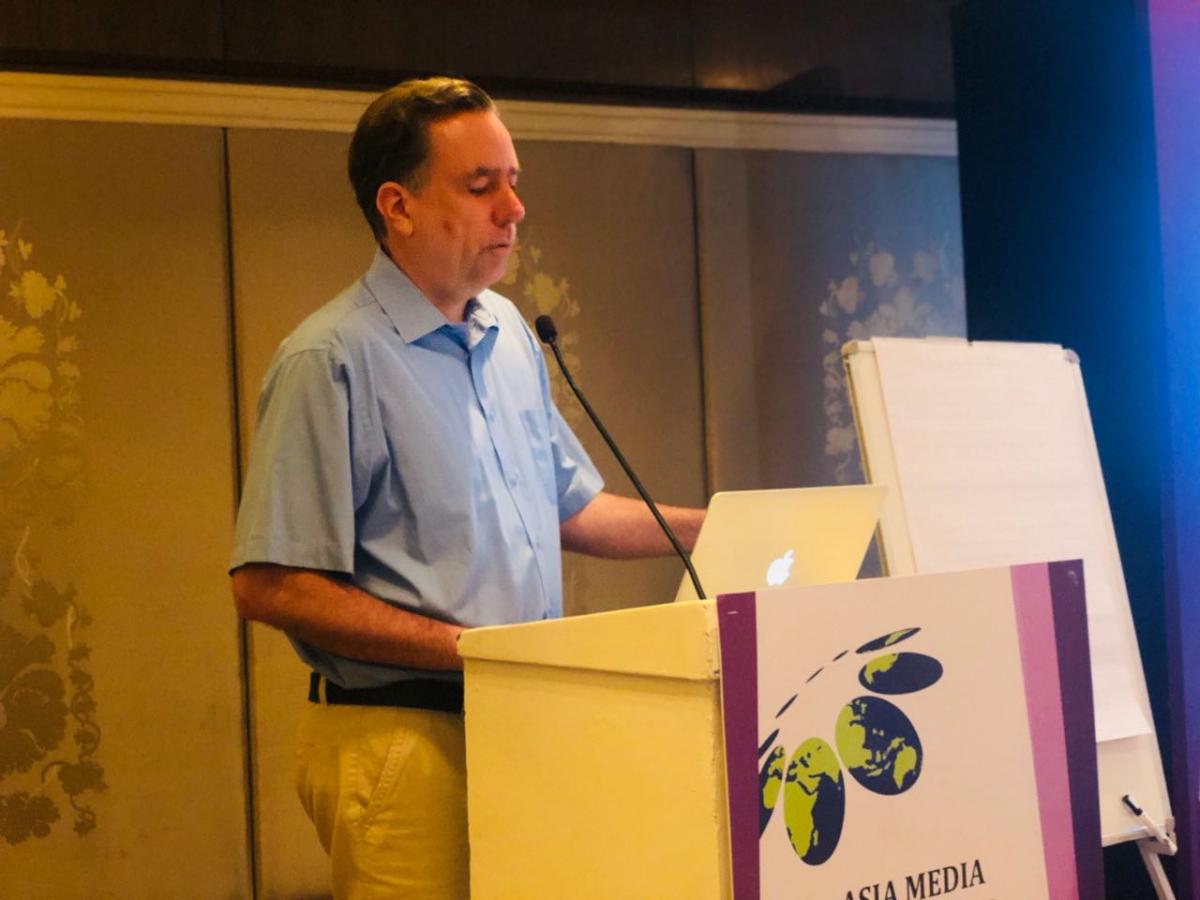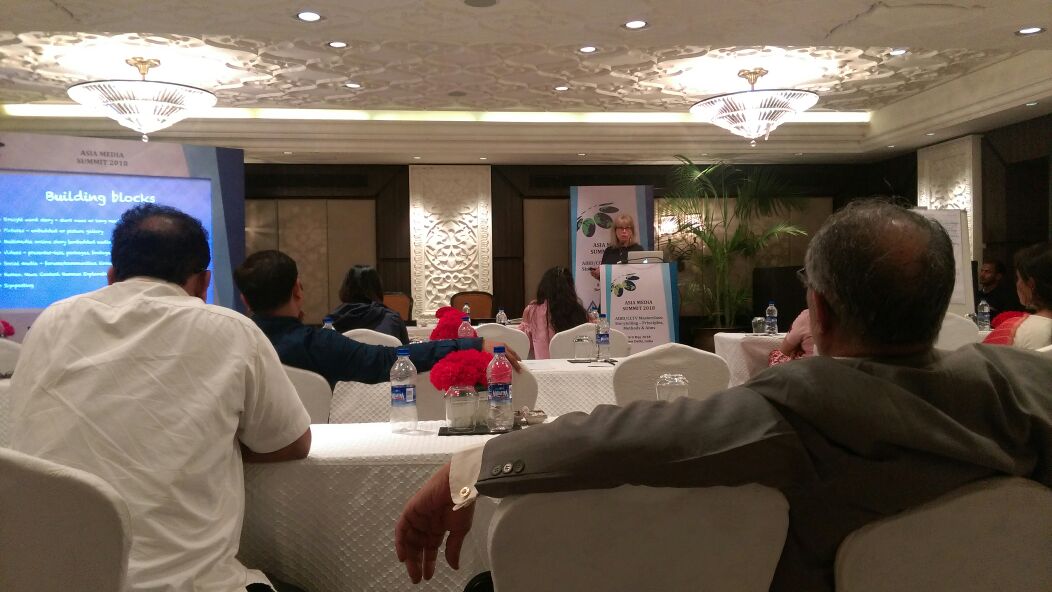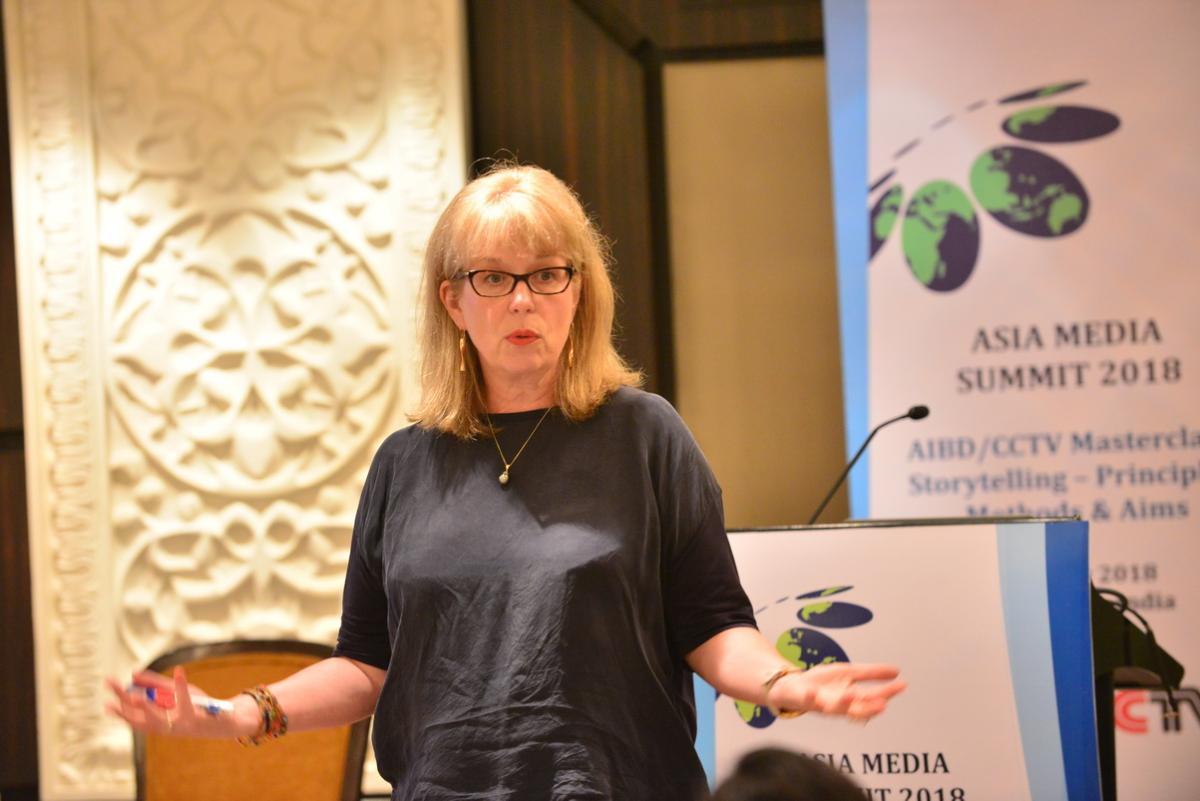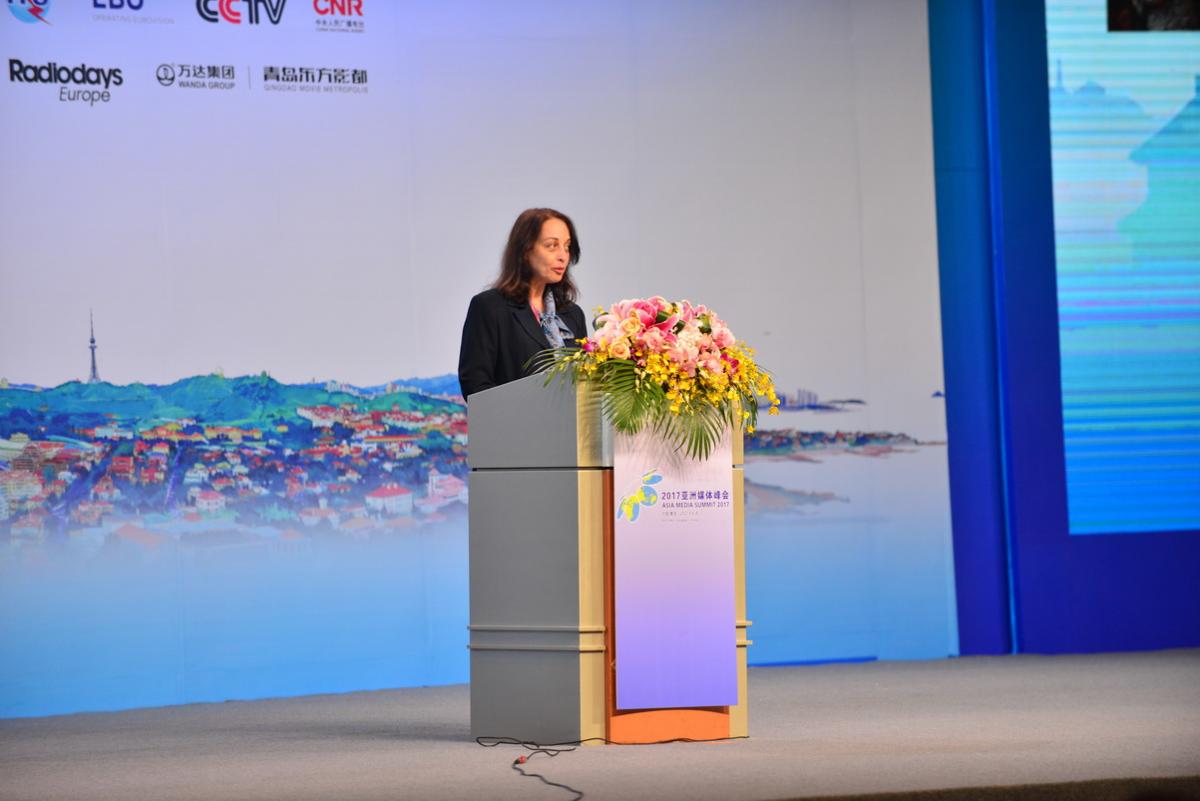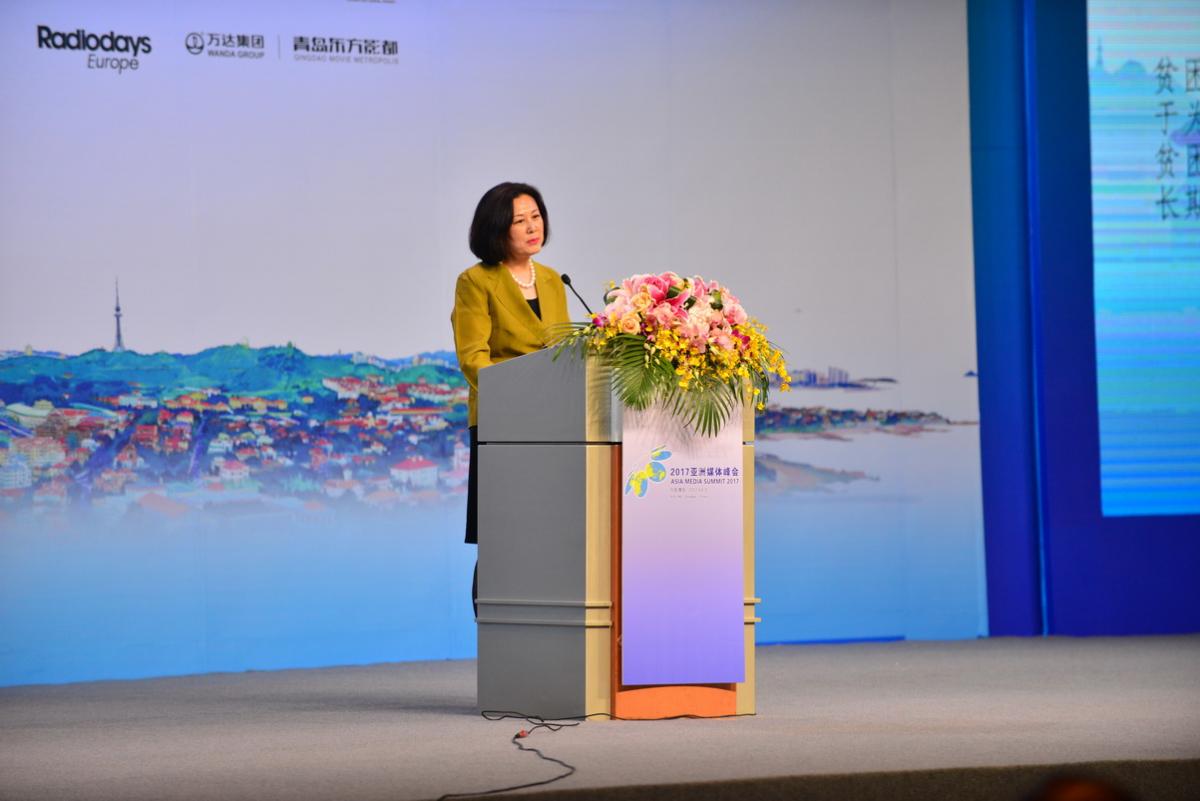Radio has given me great pleasure over the years – not only as a listener, but as a presenter, producer, programme manager and general manager. In my 30 years of broadcasting, I have watched the humble radio develop into a sophisticated device capable of delivering information to a variety of media platforms. Digital radio has opened-up new opportunities for stations to become more creative and specialised using text, sound and vision.
Today, radio still plays a vital role in entertaining, informing and engaging listeners and is no longer a one-way communication tool. Social media has allowed listeners to interact with presenters and other listeners instantaneously, strengthening its primary goal of reaching people.
28 participants from Malaysia’s RTM networks recently attended an In-Country AIBD/IPPTAR workshop in Kuala Lumpur, focussing on today’s radio. This 4-day workshop, designed for producers and presenters, was aimed at enhancing the skills of creativity in radio’s content formations. Entitled ‘Creating Content for Today’s Radio’, it was held at AIBD premises in Kuala Lumpur from July 23 to July 2018.
Topics of the workshop covered included:
- Understanding the craft – Station identity and branding;
- Tips for producing radio;
- The arts of interviewing;
- Interactive communication between presenters and co-presenters;
- Tools for building a successful talkback/interactive programme; and
- Creating field reports and packages.
The workshop also held a special joint presentation with Dr Les Sabel from S-Comm Technologies on digital radio broadcasting services. This session addressed the latest on DAB+ technology and the issues and challenges facing engineers and content makers, with the goal of delivering more creative programme initiatives in the future.

Radio stations have been quick off the mark to integrate social media into their day-to-day programming and promotions. The latest data continues to show increases in online audio listening, social media usage (especially Instagram and Snapchat) and Facebook Live. This workshop explored imaginative ways to give radio stations the creative edge to attract listeners using Twitter, Facebook (including Facebook Live) and other social media platforms.

Participants also shared their own experiences and knowledge working in radio as well as the opportunity to create new programme ideas based on target audience, multi-media platforms and social media. Each group gave a lively presentation on their findings designed to build and attract new and existing audiences.
Day four addressed the day-to-day programming tool of hot clocks to assist radio stations with creative scheduling. Participants were given the opportunity to design new templates for their shows based on the successful ‘hot clock formula’ and to design a new station sound for the digital broadcast era.
The final day gave participants an insight into where radio is heading and how best to prepare. From the growth of mobiles to the renaissance of local radio, the broadcast industry continues to dispose of old technology in favour for going entirely digital. With seventy-five (75%) percent of cars expected to connect to digital services by 2020, a revolution in radio content is upon us led by advertiser and consumer demand. And with the merging of radio, TV and online news under single operators, as well as voice activated devices and metadata, comes new opportunities for those who still love radio.
75% of cars to have Digital Radio Service by 2020? By Anthony John Frangi
Radio has given me great pleasure over the years –
Good Storytellers know their Audiences’ Needs and Desires
Mr Baek Sang-Hoon, Director at the Drama Production Department of
Should All Good Stories be Commercially Successful?
Should All Good Stories be Commercially Successful? by Garvita Sethi “Try to
Love Stories are an Indispensible Part of Korean Drama
“Love Stories are an Indispensible Part of Korean Drama”: Baek
Radio and Social Media – Enriching Listeners’ Experience
Radio and Social Media - Enriching Listeners’ Experience by Joe
Story Telling: Principles, Methods and Aims
“This abundance of information is not the same as understanding,
Disregard Fixing a Formula in Telling a Story
Written by : Joe Ma. Carlos Storytelling as an art may
Telling Better Stories; Right Facts are not Enough
Journalism is basically storytelling, telling the right facts, but this
UN Calls on Media to Engage Audiences on Development Issues
The United Nations urges broadcasters in Asia Pacific to continue reporting on development issues, including the 17 Sustainable Development Goals (SDGs), while promoting pluralism and diversity of views.
In a message to the 14th Asia Media Summit participants, Amina J. Mohammed, Deputy Secretary General of the United Nations, stressed media’s critical role in engaging and inspiring people, connecting communities, as well as holding governments accountable.UN Calls on Media to Engage Audiences on Development Issues
The United Nations urges broadcasters in Asia Pacific to continue reporting on development issues, including the 17 Sustainable Development Goals (SDGs), while promoting pluralism and diversity of views.
In a message to the 14th Asia Media Summit participants, Amina J. Mohammed, Deputy Secretary General of the United Nations, stressed media’s critical role in engaging and inspiring people, connecting communities, as well as holding governments accountable.


